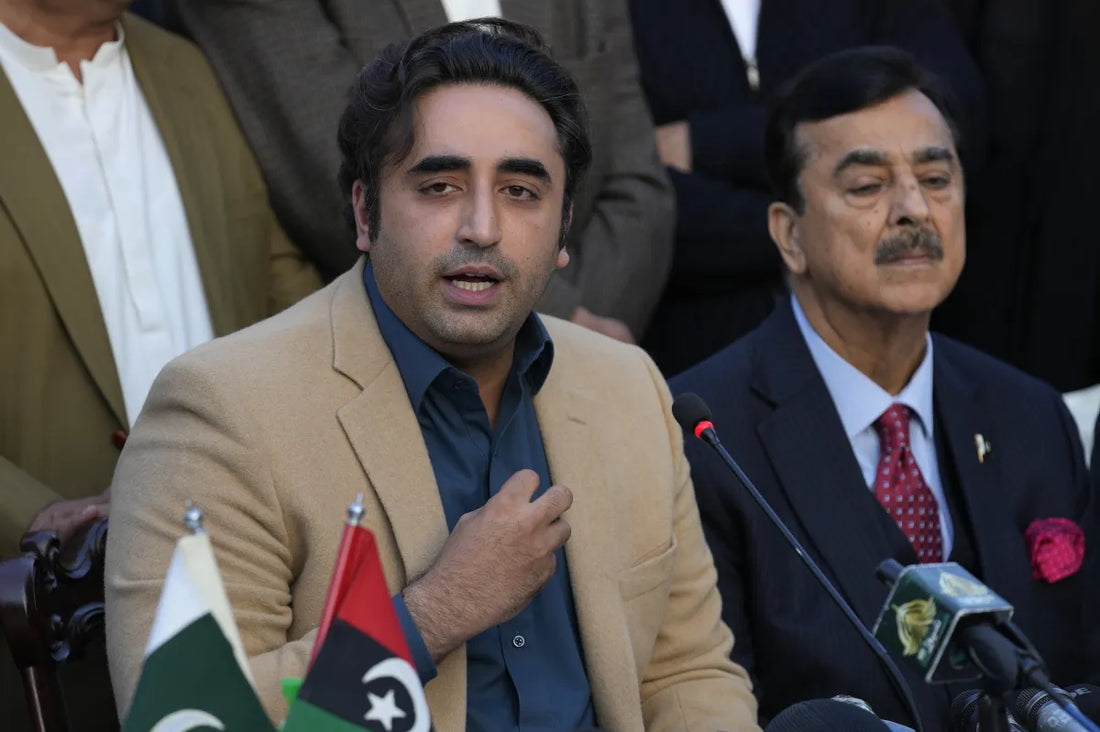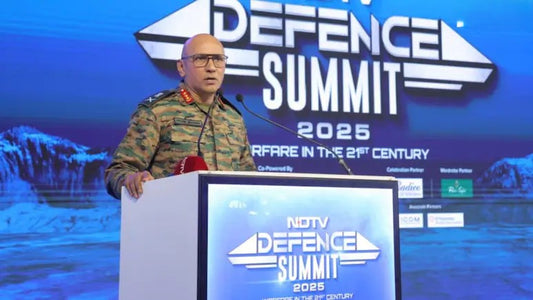Bilawal Bhutto Acknowledges Pahalgam Attack as Terrorism, Confirms LeT and JeM Exist in Pakistan

In a rare admission, former Pakistani Foreign Minister Bilawal Bhutto Zardari has publicly accepted that the recent assault in Pahalgam, Jammu and Kashmir, was indeed a terrorist act. During a televised interview with Indian journalist Karan Thapar, Bhutto also acknowledged the continued presence of terrorist groups such as Lashkar-e-Taiba (LeT) and Jaish-e-Mohammed (JeM) operating within Pakistan.
Despite recognizing the terrorist nature of the Pahalgam incident, Bhutto denied any involvement by the Pakistani government or military, labeling such claims as "propaganda." He highlighted the severe impact of terrorism on Pakistan, noting, "We have lost over 92,000 lives, including 1,200 civilians in more than 200 attacks just last year," and cautioned that 2025 could potentially be Pakistan's deadliest year if the violence persists.
In response to allegations of state-sponsored terrorism, Bhutto stated that Pakistan had proposed an unbiased international investigation into the Pahalgam attack, which India rejected. He defended Pakistan's stance, asserting, "Our hands are clean," and dismissed accusations of official involvement.
Throughout the interview, Bhutto acknowledged the existence of groups like LeT and JeM in Pakistan, describing them as remnants from the era of the Afghan jihad. He explained that these organizations were once seen as "freedom fighters" during the 1980s and 1990s but have since been banned after global pressure intensified following the 9/11 attacks. He emphasized that neither his party, the Pakistan Peoples Party (PPP), nor his late mother Benazir Bhutto, ever endorsed these groups.
Regarding the 2008 Mumbai terror attacks, Bhutto noted that Hafiz Saeed, the alleged mastermind, was sentenced to 31 years in prison in 2022. He attributed delays in the legal proceedings to India's lack of cooperation in providing evidence and witnesses. When further questioned about Pakistan's responsibility, Bhutto appeared frustrated and remarked, "If you don’t want to hear the answer, I can leave the programme."
Despite the challenging questions, Bhutto advocated for constructive dialogue between India and Pakistan. He called for both nations to move past animosity and engage in comprehensive talks that include counter-terrorism collaboration. Recalling the assassination of his mother by terrorists in 2007, he expressed his personal understanding of victims' suffering and emphasized the necessity of peace. "Let’s not talk hate and war. Every Pakistani is not a terrorist or an enemy," he concluded.
The interview has ignited considerable debate across both nations, with some interpreting Bhutto's remarks as a step towards transparency, while others remain doubtful about Pakistan's official position on terrorism.



















